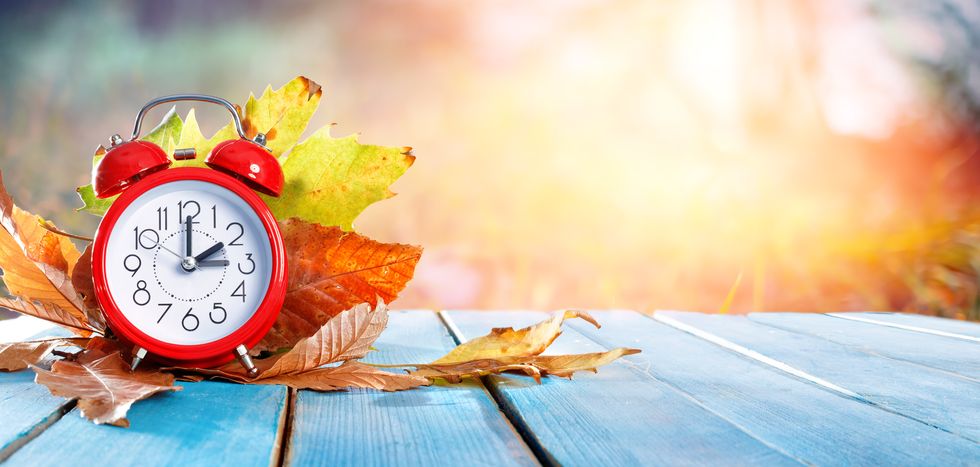
iStock.com/RomoloTavani
Ready for the Time Change on Sunday?
It might sound like a great thing—getting an extra hour of sleep when Daylight Saving Time ends this Sunday.
Nov 04, 2017
Dec 22, 2022
Self-Care & Mental Health
Learn about our editorial policies

FRIDAY, Nov. 3, 2017 (HealthDay News)—It might sound like a great thing—getting an extra hour of sleep when Daylight Saving Time ends this Sunday.
Granted, it's easier than losing an hour's sleep in the time changeover that comes in the spring, but adjusting to the autumn time change has its own challenges, sleep experts note.
However, a few simple steps can help make the switch to standard time—which occurs at 2 a.m. Sunday—easier to cope with, said Dr. Praveen Rudraraju. He's director of the Center for Sleep Medicine at Northern Westchester Hospital, in Mount Kisco, N.Y.
For starters, go to bed when you normally do so you can take advantage of that extra hour of sleep, he suggested. However, if you're usually an early riser, delay your bedtime by an hour so you'll wake up at your regular time. Early risers and short sleepers usually have the hardest time adjusting to the time change, he said.
Then, be aware of the effect that earlier sunsets—in the 5 p.m. range—can have on your mood during the darker days of fall and winter. For many people, for instance, it'll be dark when it's time to leave work. Rudraraju suggested taking advantage of the morning's earlier sunrise, perhaps switching some evening activities to morning ones.
Parents of young children face distinct challenges caused by the time change, said Dr. Keri Peterson, an internist at Lenox Hill Hospital in New York City.
"While it seems like you will be getting one extra hour of sleep, chances are that your baby will wake at 5 a.m. instead of 6 a.m—and that's no fun," she said.
She suggested putting young kids to bed 15 minutes later each night for up to four nights leading up to the time change. Also, consider shifting dinner time to 15 minutes later and keeping your child's room dark in the morning with room-darkening shades that will keep the earlier sunrise at bay.
"Within a week or two, your baby will adjust naturally," Peterson said.
Rudraraju noted that "sleeping poorly may seem like a mere annoyance, but a pattern of sleeplessness can be dangerous for your health."
Steps you can take to improve sleep, during time-change season or any other time, he said, include:
SOURCES: Praveen Rudraraju, M.D., director, Center for Sleep Medicine, Northern Westchester Hospital, Mount Kisco, N.Y.; Keri Peterson, M.D., internist, Lenox Hill Hospital, New York City
Copyright © 2017 HealthDay. All rights reserved.